Dr Thomas Weber, head of group research at Mercedes Car Group Development, confirmed the news at a press presentation of the 2007 DaimlerChrysler Sustainability Report at Taplow, Bucks.
Weber was pressed on why the technology was not introduced on the new C-Class. He said that development work was continuing, and that more details about the use of stop/start on Mercedes models would be revealed at September’s Frankfurt show.
Smart is branding stop/start ‘micro hybrid drive,’ though it has no separate electric power source. The engine cuts out at 5mph during braking, with automatic restart when the accelerator is pressed.
The derivative will be available in mainland Europe from October, and in right-hand drive in the UK in the second half of 2008. UK sales of the new ForTwo, priced from £6,900, start on September 15.
Matched to a 1.0-litre petrol engine, stop/start reduces CO2 emissions to 103g/km, according to a provisional figure from Smart. That would be lower than the 104g/km of the Toyota Prius hybrid.
Smart claims the 799cc, 45bhp direct-injection diesel engine developed for the Smart has the world’s lowest CO2 emissions (88g/km). DaimlerChrysler UK wants to sell the diesel derivative but its availability is not yet certain, and it would be only in left-hand drive. Production of right-hand drive ForTwo diesels has been ruled out on price grounds.
Smart will build an electric car later if tests are successful. By the end of the year, it plans to start delivering 100 prototypes (based on the previous ForTwo) to fleets in the London area, where the manufacturer sees the congestion charge fueling a high demand DaimlerChrysler wants to stimulate the introduction of widespread recharging stations using standard three-pin points.
Smart is expected to put an electric car into production because the group believes the brand can thrive as demand for low or zero CO2 emissions increases.
The theme of the presentation of the report was ‘the future is closer than it may appear’.
Professor Herbert Kohler, DaimerChrysler’s chief environmental officer, said Mercedes had reduced fuel consumption by almost 30% since 1990, while the industry average was 25%. He was confident the group would have fuel cell cars in production between 2012 and 2015. Meanwhile, this autumn it will start sales in Europe of the high-economy E 320 Bluetec diesel introduced in the USA.

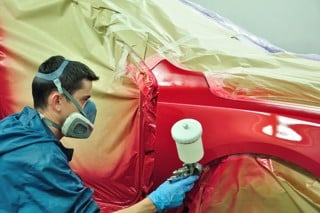
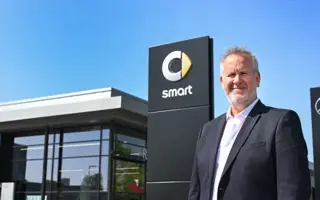
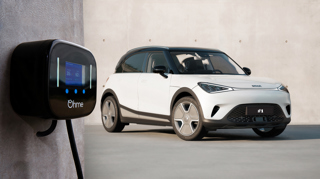
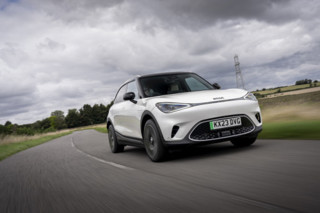
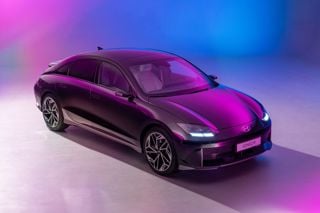












Login to comment
Comments
No comments have been made yet.